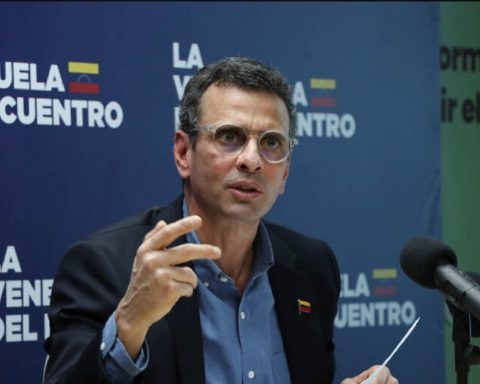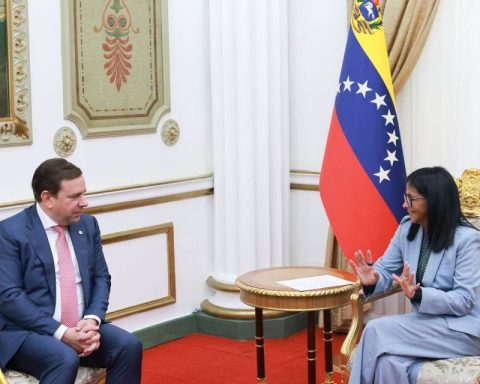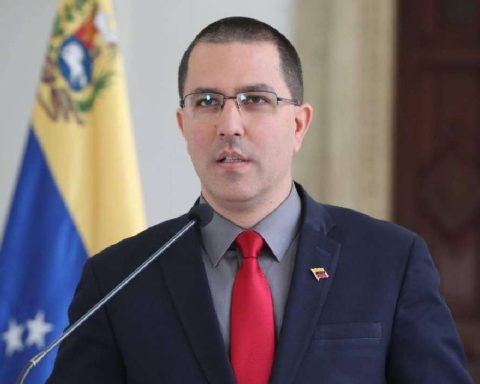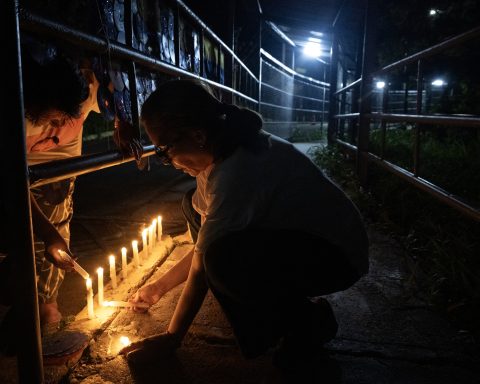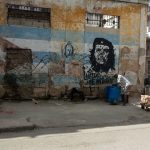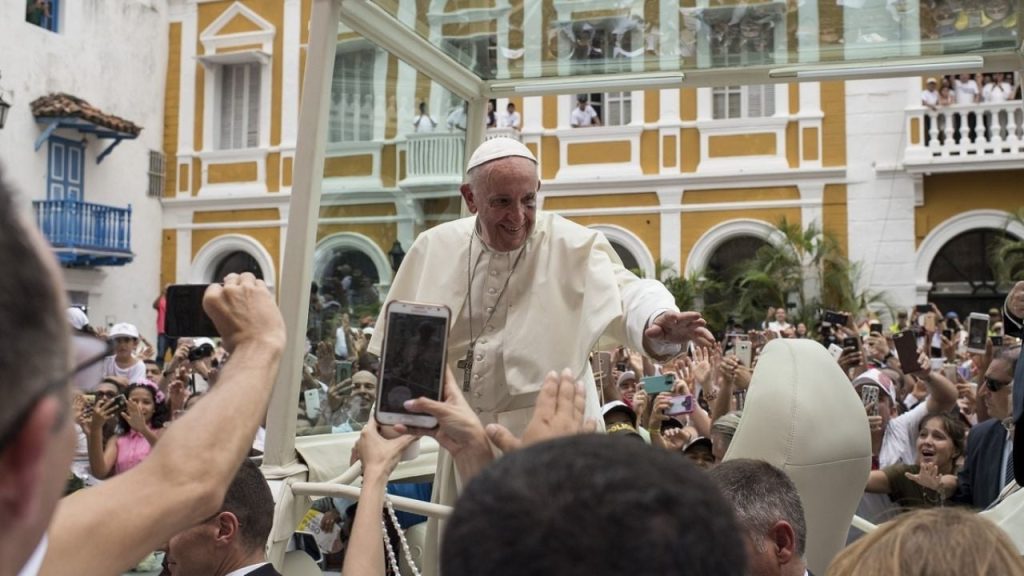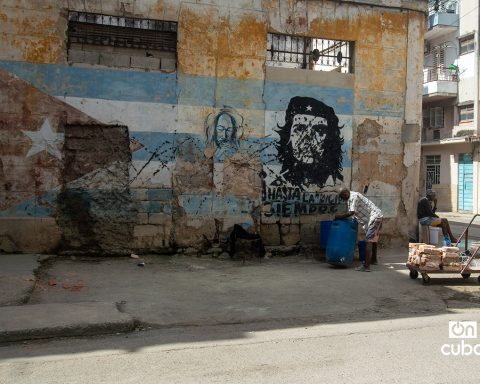Economist Francisco Rodríguez refuted the results of a study by Dany Bahar and Ricardo Hausmann who states that the revocation of licenses to the Venezuelan economy does not directly drive migration. On night D, both economists have exposed their visions about the relationship between sanctions, the Venezuelan economy and migration
Last Monday, April 21, 2025, in the Noche D program of SuchWhichVíctor Amaya interviewed economist Francisco Rodríguez, professor at the University of Denver, to discuss the impact of US sanctions in Venezuela. The conversation focused on the refutation of A study by Dany Bahar and Ricardo Hausmannwho claimed that revoking licenses is not necessarily the cause of increase in Venezuelan migration but even otherwise, and that the first of its authors exposed in A program the previous week.
Rodríguez, a critic of the sanctions, argued that Bahar and Hausmann’s study contained methodological errors that invalidated their conclusions. According to Rodríguez, the study presented a statistically significant correlation between Venezuela’s oil revenues and Venezuelans’ crosses on the southwest border of the United States, which suggested that an increase in oil revenues leads to more migration. However, Rodríguez states that this result is due to a coding error in the study, and that when correcting it, the statistical correlation disappears.
In addition, Rodríguez criticizes the choice of study data, arguing that crosses on the southwest border of the United States are not an adequate indicator to evaluate the impact of sanctions on Venezuelan migration. «Venezuelans who cross the US border, many of them have been out of Venezuela for a long time. So, explain to me how how much money has Maduro, will explain your decision to go from Peru to the United States or Colombia to the United States or Mexico to the United States, ”says Rodríguez.
Instead of analyzing border crossings, Rodríguez argues that the study should have used data from Venezuelan exits to neighboring countries such as Colombia, to evaluate the decision to migrate directly from Venezuela.
In contrast to the study of Bahar and Hausmann, Rodríguez argues that existing academic literature, including his own works, shows a direct relationship between sanctions and migration, using data from a panel of countries in the world.
Rodríguez points out that the fall of Venezuelan GDP between 2012 and 2020, coinciding with the imposition of sanctions, has been a determining factor in the mass migration of Venezuelans.
*Also read: Revoing oil licenses promotes Venezuelan migration?
As for the economic perspectives for Venezuela, Rodríguez anticipates a difficult year, with a probable drop in oil revenues and a deterioration of living conditions. Rodríguez warns about the possibility of a return to the economic distortions of the past, such as the misalignment between the official exchange rate and the parallel, and the imposition of an emergency decree.
Francisco Rodríguez’s intervention on Noched was refuted by Dany Bahar, This time in X. Among other things, there said that «I do not deny that sanctions may have harmed the economic one. But quantifying its effect is almost impossible. Because? Because the Venezuelan economy has already come in a minced before ». Then add data and statistical and methodological details that continue in debate between both academics.
The full interview with Fracisco Rodríguez can see it here:
https://www.youtube.com/watch?v=8_uz1q0q1c4
And the interview with Dany Bahar, here:
https://www.youtube.com/watch?v=gxombgaeqgy
Post views: 61


